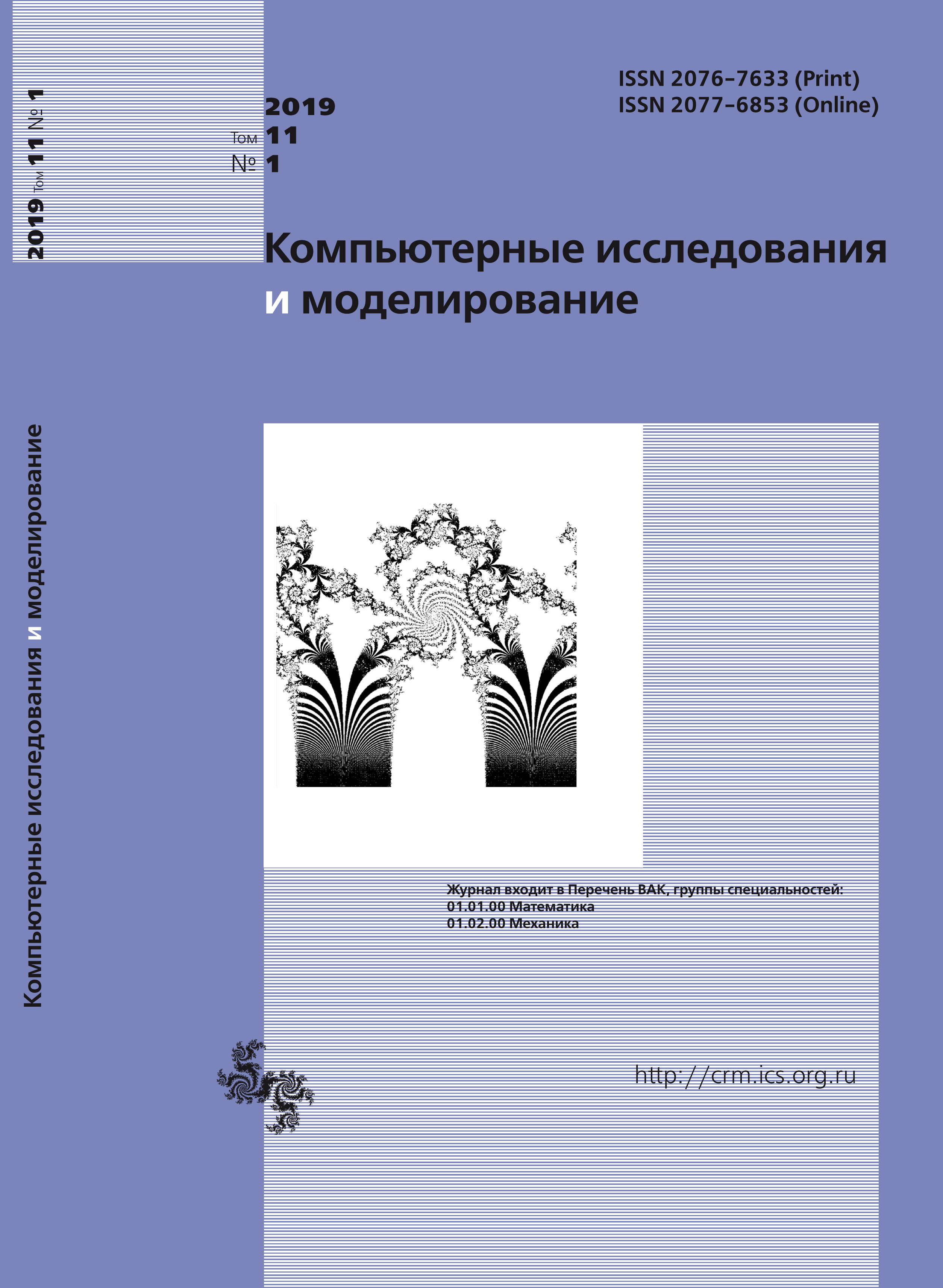All issues
- 2024 Vol. 16
- Issue 1 (special issue)
- 2023 Vol. 15
- 2022 Vol. 14
- 2021 Vol. 13
- 2020 Vol. 12
- 2019 Vol. 11
- 2018 Vol. 10
- 2017 Vol. 9
- 2016 Vol. 8
- 2015 Vol. 7
- 2014 Vol. 6
- 2013 Vol. 5
- 2012 Vol. 4
- 2011 Vol. 3
- 2010 Vol. 2
- 2009 Vol. 1
Struggle against economic corruption in resource allocation
A dynamic game theoretic model of struggle against corruption in resource allocation is considered. It is supposed that the system of resource allocation includes one principal, one or several supervisors, and several agents. The relations between them are hierarchical: the principal influences to the supervisors, and they in turn exert influence on the agents. It is assumed that the supervisor can be corrupted. The agents propose bribes to the supervisor who in exchange allocates additional resources to them. It is also supposed that the principal is not corrupted and does not have her own purposes. The model is investigated from the point of view of the supervisor and the agents. From the point of view of agents a non-cooperative game arises with a set of Nash equilibria as a solution. The set is found analytically on the base of Pontryagin maximum principle for the specific class of model functions. From the point of view of the supervisor a hierarchical Germeyer game of the type Г2t is built, and the respective algorithm of its solution is proposed. The punishment strategy is found analytically, and the reward strategy is built numerically on the base of a discrete analogue of the initial continuous- time model. It is supposed that all agents can change their strategies in the same time instants only a finite number of times. Thus, the supervisor can maximize his objective function of many variables instead of maximization of the objective functional. A method of qualitatively representative scenarios is used for the solution. The idea of this method consists in that it is possible to choose a very small number of scenarios among all potential ones that represent all qualitatively different trajectories of the system dynamics. These scenarios differ in principle while all other scenarios yield no essentially new results. Then a complete enumeration of the qualitatively representative scenarios becomes possible. After that, the supervisor reports to the agents the rewardpunishment control mechanism.
Indexed in Scopus
Full-text version of the journal is also available on the web site of the scientific electronic library eLIBRARY.RU
The journal is included in the Russian Science Citation Index
The journal is included in the RSCI
International Interdisciplinary Conference "Mathematics. Computing. Education"







